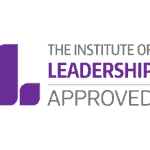
Strong technical expertise regularly results in people being promoted to management and leadership roles, but strong technical skills will not help your people when it comes to managing others. Good people skills, also known as soft skills, have emerged as the differentiating factor that sets apart effective leaders and managers. However, developing and honing soft skills can be a challenging endeavour.
The Importance of Soft Skills for Leaders and Managers
1. Building Trust and Collaboration

Image by Harish Sharma from Pixabay
Good soft skills enable leaders and managers to establish trust with their teams and foster a collaborative working environment. Effective communication, active listening, and empathy create a sense of psychological safety, encouraging open dialogue and idea sharing. This, in turn, enhances teamwork and productivity.
2. Conflict Resolution and Emotional Intelligence

Image by Gerd Altmann from Pixabay
Leaders and managers equipped with strong soft skills can navigate conflicts and resolve disputes in a timely and amicable way. They don’t allow issues to fester over time causing uncertainty and damage to relationships at work. They possess the emotional intelligence necessary to understand and regulate their own emotions, as well as understanding those of their team members. By promoting a positive and harmonious work atmosphere, leaders can mitigate conflicts and boost employee morale.
3. Adaptability and Change Management
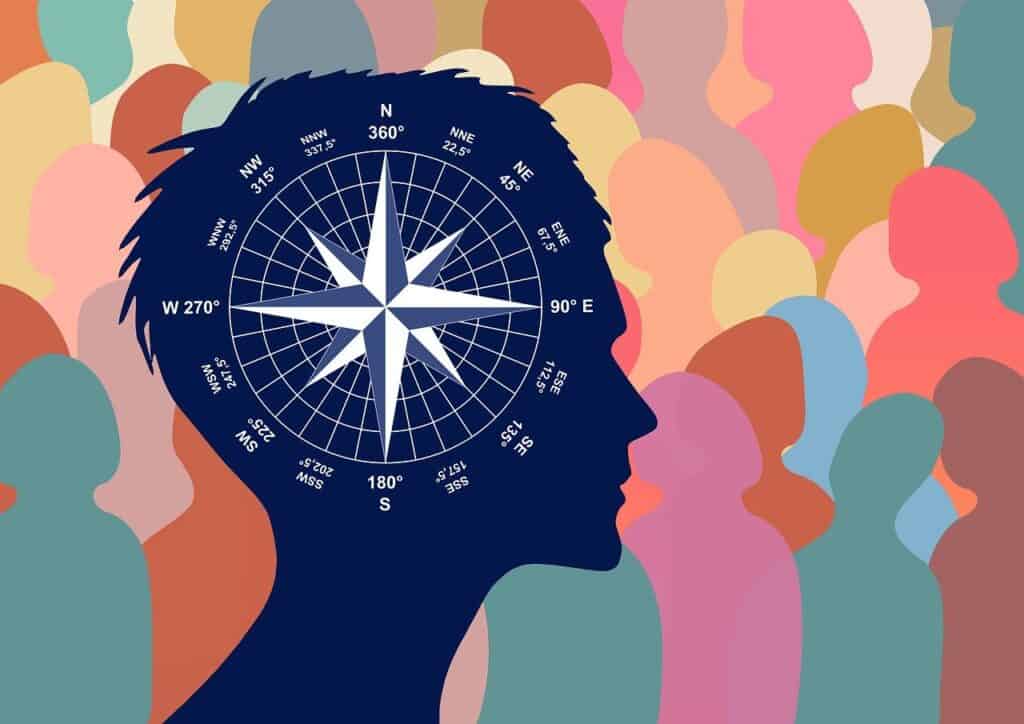
Image by Gerd Altmann from Pixabay
Soft skills empower leaders and managers to navigate change effectively. They can inspire and motivate their teams during times of uncertainty, encourage innovation, and adapt their leadership style to suit different situations. Flexibility and adaptability are essential to driving successful organisational transformations.
Soft skills are instrumental in building trust, fostering collaboration, resolving conflicts, and adapting to change. Leaders who possess strong soft skills can create a positive work environment, motivate their teams, and drive organisational success.
Why Are Soft Skills Difficult to Acquire?
1. Complexity of Human Interaction
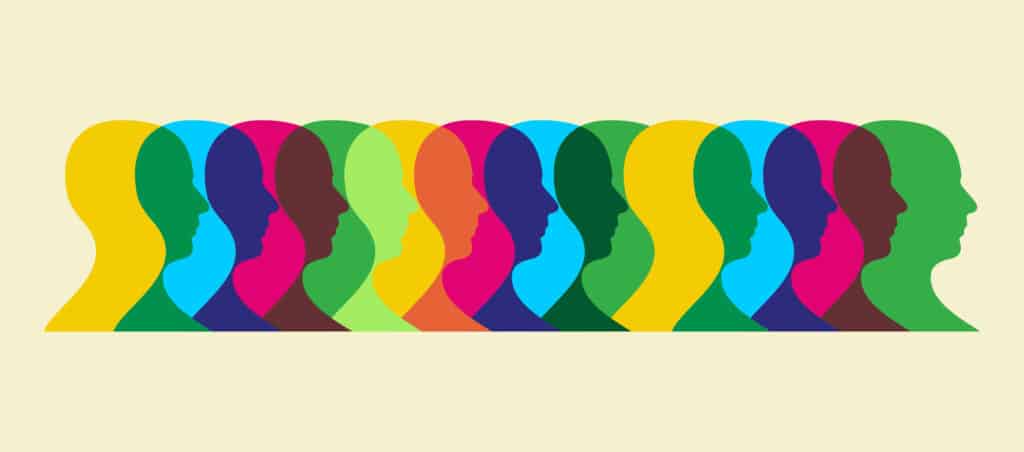
Illustration 18040738 © Cienpies Design / Illustrations | Dreamstime.com
Soft skills primarily revolve around interactions between people, and for this to be effective our communication skills are key. Human behaviour is complex and multifaceted, making it challenging to navigate differing personalities, emotions, and communication styles. Unlike technical skills, which often have defined processes and logical frameworks, soft skills require adaptability, empathy, and intuition.
2. Personal and Contextual Factors
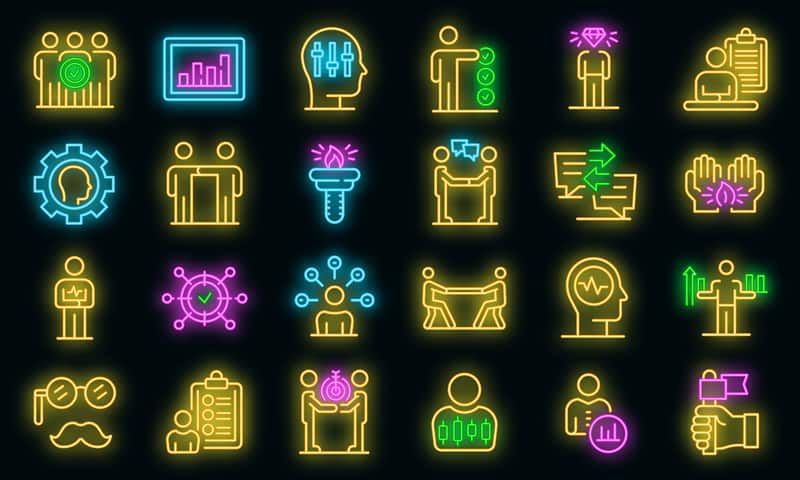
Illustration 222667127 © Ylivdesign | Dreamstime.com
Soft skills are influenced by personal traits, experiences, and upbringing. We all possess unique strengths and weaknesses, making it difficult to generalise when learning how to get the best from others. The context in which soft skills are applied can vary greatly, from diverse cultural settings to team dynamics within organisations, to the needs of different individuals, which further complicates the process of learning how to work with, and get the best from others.
3. Evolving Nature of Soft Skills

Photo 12505920 © Belovodchenko | Dreamstime.com
Soft skills evolve over time due to societal changes and technological advancements. As the world becomes more interconnected and diverse, leaders and managers must constantly adapt their approach to effectively lead and motivate teams, resolve conflicts, and foster collaboration. Staying up to date with the evolving landscape of soft skills can be demanding.
Teaching Soft Skills Effectively
1. Self-Reflection and Awareness

Image by Mohamed Hassan from Pixabay
Developing soft skills starts with self-reflection and awareness. Individuals must recognise their own strengths and areas for improvement. Our programme ‘Realising Your Leadership Potential’ encourages people managers and leaders to reflect on their strengths and set their own development goals throughout the 12-month programme.
2. Experiential Learning

Image by congerdesign from Pixabay
Hands-on experiences and practical application of soft skills are key to mastery. This is why our programme runs over 12-months, allowing delegates the time to learn new skills, apply, adapt and refine when back in the workplace. The programme provides opportunities for continuous improvement. We encourage personal reflection, supportive practice and peer coaching throughout the programme to help address any sticking points. The programme takes a live, ‘Action Learning Set’ approach to ensure skills are developed in a way that is relevant to your workplace, enabling sustained behaviour change.
3. Mentoring and Coaching

Image by Gerd Altmann from Pixabay
Effective mentors and coaches play a pivotal role in guiding individuals through the process of developing soft skills. These mentors provide constructive feedback, offer guidance on interpersonal challenges, and serve as role models. Our trainers work as guides, coaches and mentors throughout the programme. Our first module focuses on developing coaching skills as leaders and managers, they are then encouraged to coach their team members regularly and to provide peer coaching during each of the workshops.
An Opportunity to Build the Soft Skills in Your People
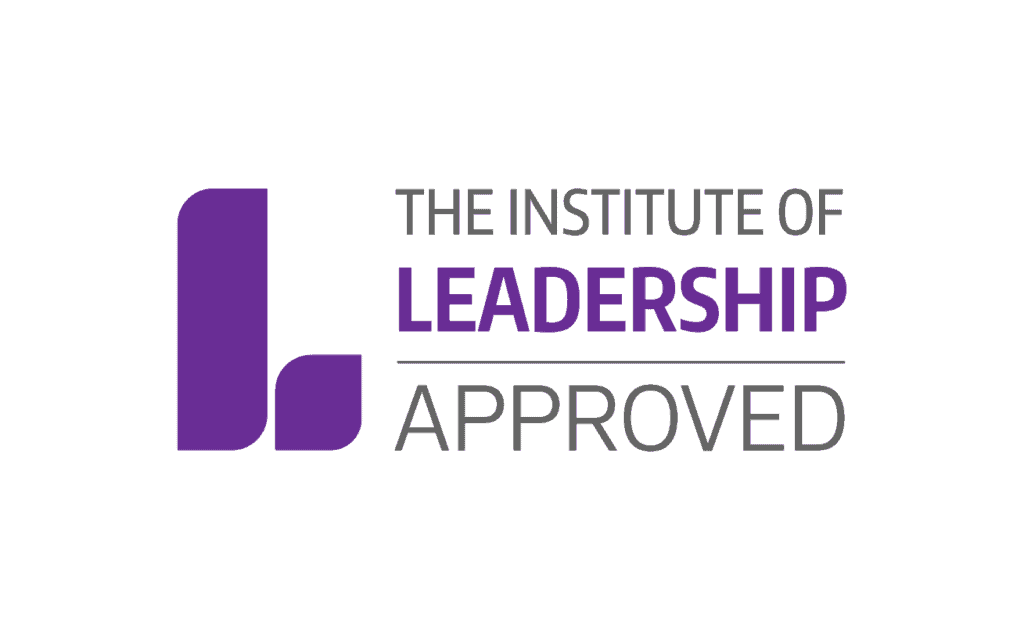
As the world continues to evolve, the demand for leaders with exceptional soft skills will only increase. While it may not be easy to learn and master soft skills, it is possible. So it’s essential to ensure your people leaders receive the right training to develop their skills effectively.
Our Institute of Leadership & Management approved programme ‘Realising Your Leadership Potential’ provides ample opportunity for self-reflection, experiential learning and coaching.
You can be assured your people leads will enhance their interpersonal skills and learn to recognise the complexities of human interaction, providing the right tools and support to embrace continuous professional and personal development. Enable your people to unlock their full leadership potential and become adept at building high performing teams.
For more information on the open programme please visit our open course page or call 07880 776756 or email today.



